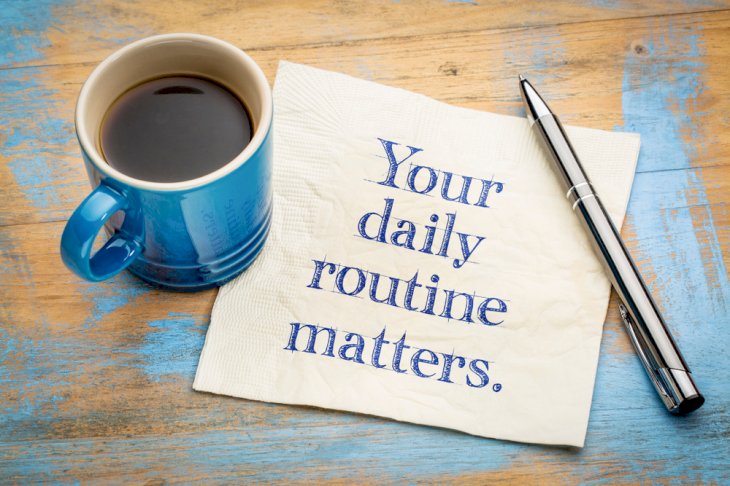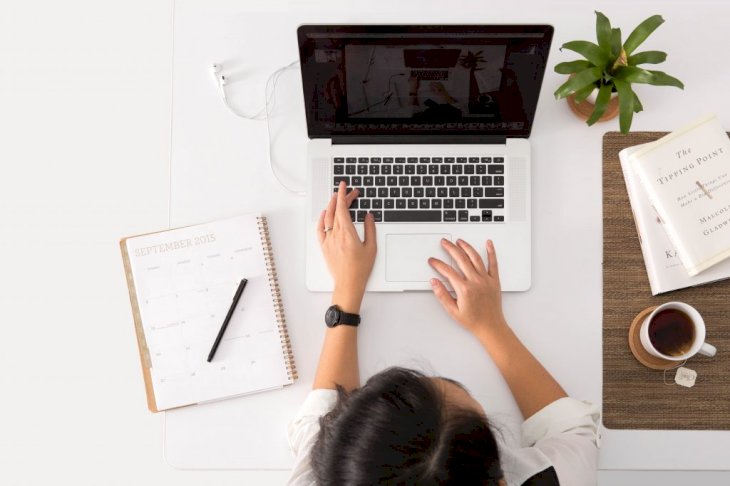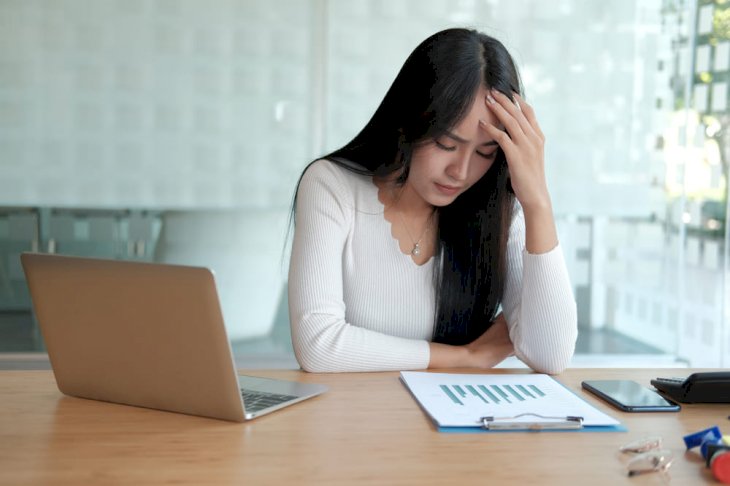
Lockdown Side Effects: Resetting Your Internal Clock & Disrupting Sleep Patterns
Your sleep pattern has changed since the pandemic hit, and the world tipped sideways. You can’t fall asleep at night and wake up super late in the morning.
If you are worried about your erratic sleeping patterns, take comfort because you are not alone. During these stressful times we live in, people worldwide find it’s harder to sleep at night.
Many say their night and day have flipped over. Let’s look at why the lockdown messed up sleep patterns, and how you can reset your body’s clock:
1. Disrupted Routines

Shutterstock
As many embraced the new normal and began to work from home, the first casualty became your daily routine. Life suddenly became more leisurely. With no need to dress up nor a commute to worry about, out went the alarm clock. Waking up when the sun is high in the sky is the new norm.
But daylight trains our body’s internal clock, aka circadian rhythms. A study has found that the result of waking up late is, “heaviness of the head during the day, increased lethargy, poor productivity, and a low mood.” So, it is vital to stick to waking up as close to your usual time as possible, eat, and dress.
2. Increased Screen Time

Photo by Avel Chuklanov on Unsplash
Remote work has you glued to your computer. You also find that you don’t take enough breaks or work longer hours at home. And when you are free, you spend your time binge-watching your favorite soapie on Netflix or online games.
The excessive amount of screen time does not allow your brain to find rest. Sleep experts recommend that you decrease screen time in the evening before going to bed. Try reading a book or listening to a relaxing melody.
3. Oddly-Timed Meals

Photo by Lily Banse on Unsplash
Late breakfasts delay the rest of your mealtimes. Late dinners mean that the food needs time to digest before you head to bed. If you go to bed on a full stomach, you are bound to toss and turn. Skipping dinner also has drawbacks. You may find yourself hungry in the middle of the night, and it disturbs your sleep.
Try to keep to your regular pre-lockdown routine. Set the alarm to remind you to eat if you are forgetful and reduce your coffee intake later in the day.
4. Anxiety

Shutterstock
Factors such as isolation, depression, discrimination, large scale community deaths, and socio-economic status increased anxiety levels during the pandemic. If you are one of those people who were laid off or are working reduced hours at reduced pay, then stress and anxiety are bound to keep you up at night.
You need to tackle mental health issues precipitated by the pandemic (and recently by protests against police brutality) to overcome anxiety. Speak to a therapist.
5. Cabin Fever

Shutterstock
Humans are social creatures, so being isolated for long periods is frustrating. Spending time in the sun can alleviate cabin fever and improve your sleep. If you can go outdoors, spend thirty minutes in the sun.
Or open the curtains during the day and let the sunlight into your home. Sneaking in some exercise will also benefit your mood and sleeping patterns - you will fall off to sleep faster.